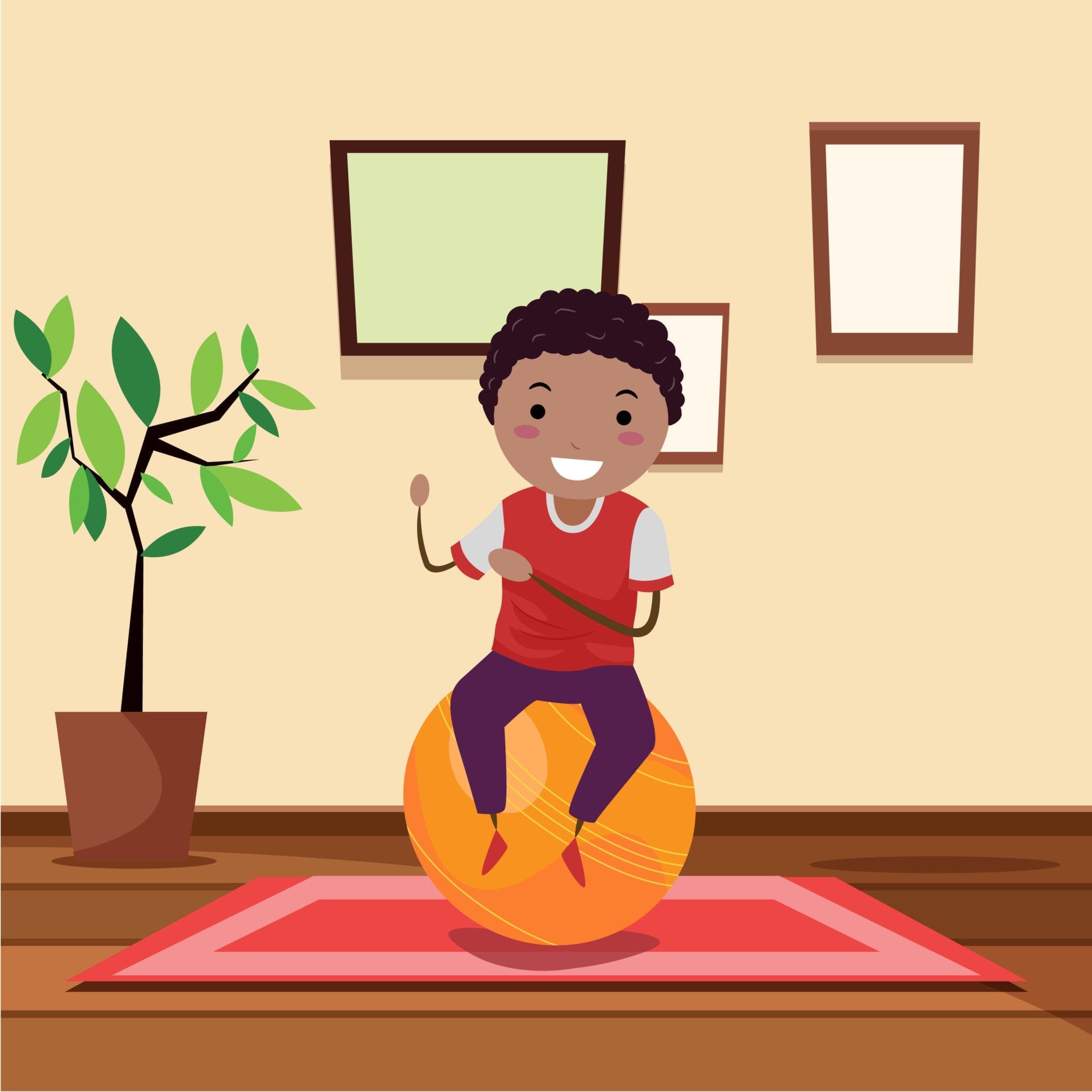One area that occupational therapists frequently address is activities of daily living, also known as self-care skills. As children develop, self-care becomes an important aspect of daily routines as they gain more independence and confidence in taking care of themselves. Every child learns these self-care tasks at a different pace, but self-care can be particularly difficult for children as they require a variety of skill components. It can become especially challenging for children with developmental delays and other diagnoses such as Autism or Cerebral Palsy. If a child is having challenges with completing self-care skills, occupational therapy can be a helpful tool for building independence and ease of these skills.

What are self-care skills?
Self- care skills are those required to manage a person’s basic needs including:
- Toileting
- Grooming tasks (i.e. nail cutting, hair brushing)
- Self-feeding
- Drinking from an open cup
- Dressing
- Brushing teeth
- Bathing/washing hair
10 ways an occupational therapist (OT) can address self-care skills:
- Adapt/modify: an occupational therapist’s job is to get creative and learn how to adapt/modify tasks to make a person more independent! An OT can recommend different types of adaptive equipment (i.e. button hook, weighted utensils, shoe horn, etc.) to help increase independence in self-care skills.
- Create a routine: creating a consistent routine provides a child with structure and this way they know what is expected of them and when to complete these self-care tasks. The child will be more organized and motivated to complete self-care routines with a set routine in place at home.
- Use a visual schedule: using a visual schedule of self-care tasks can help a child to remember and sequence each step of the task
- Sensory processing: some children may have difficulty tolerating grooming or dressing tasks which can indicate a challenge with tactile processing. Seeing an occupational therapist to address these sensory processing concerns can help your child to improve their ability to register and tolerate tactile input to overall improve their ability to complete grooming/dressing tasks using a variety of strategies.
- Increase strength/stability: increasing strength and stability will help to increase the ease and decrease the amount of effort needed by your child to complete self-care tasks.

- Improves coordination and motor planning: if your child has difficulty understanding, executing, and coordinating their body to complete tasks, then self-care can be tricky! Seeing an OT can help to improve these skills to increase their ability to be more independent.
- Improves fine motor skills: a lot of self-care skills require fine motor coordination such as buttons, zippers, using utensils, etc. An OT can help improve a child’s fine motor skills to increase ease and independence of some of their self-care tasks.

- Executive functioning: self-care skills utilize a variety of our executive functions such as attention, sequencing, and initiation. If your child has difficulty with their higher level cognitive skills then self-care may become tricky and seeing an OT could be helpful!
- Practicing in their natural environment: an occupational therapist can visit your home to help practice self-care skills within your child’s natural environment and help you to set up the environment so your child can be more successful!
- Caregiver education: caregiver education is crucial to the success of a child in their home environments. An OT will provide caregivers with resources and strategies to implement in the home to help a child become more independent and successful in self-care skills.

Is your child struggling to be independent in self-care skills? Contact Chicago Occupational Therapy or call (773) 980-0300 to learn more about our services and how we can help your child flourish and grow.
